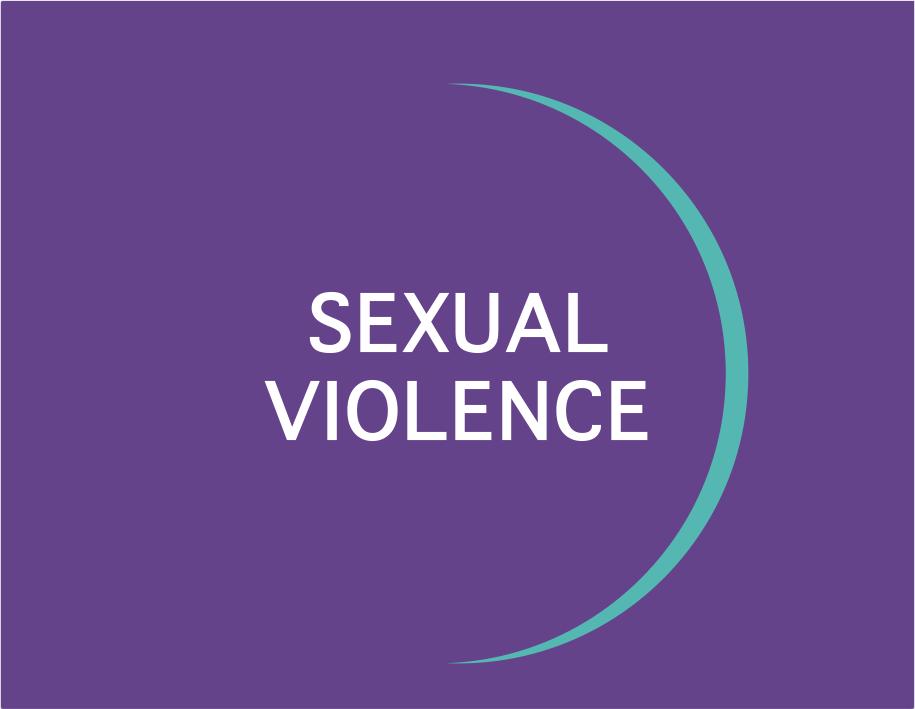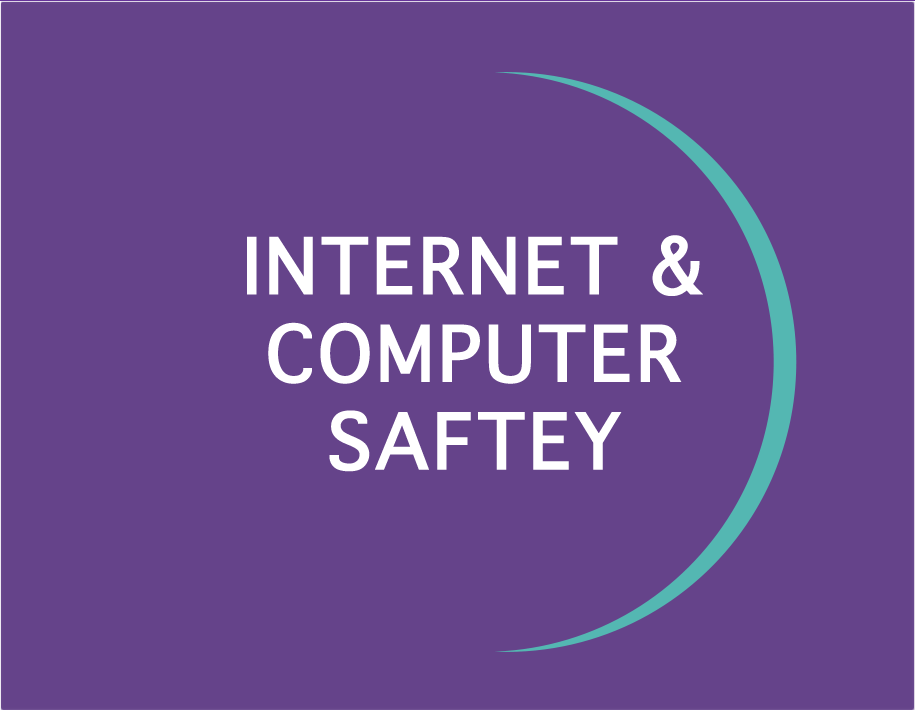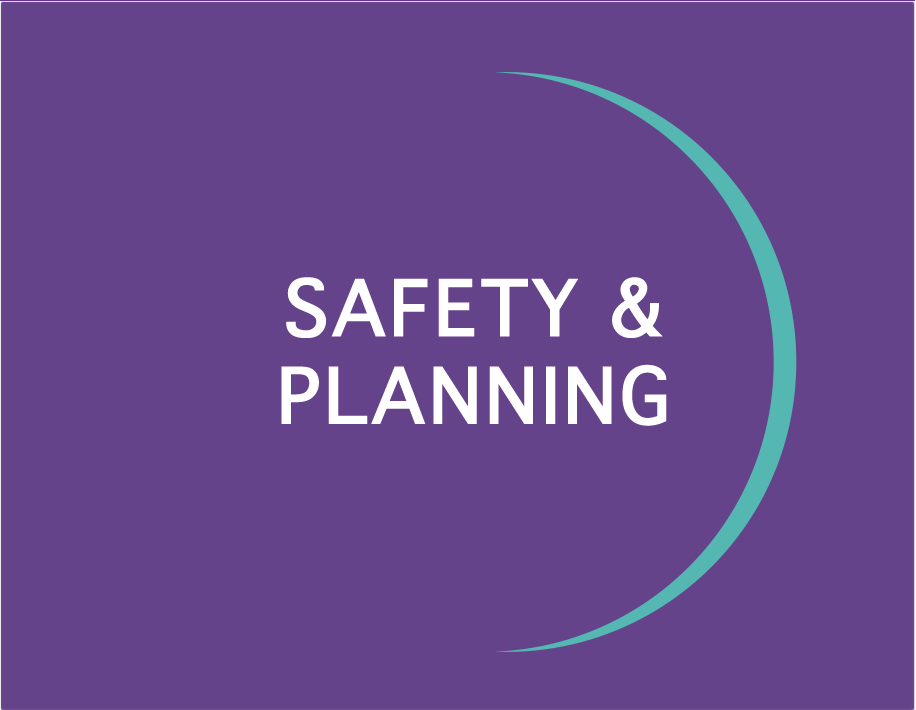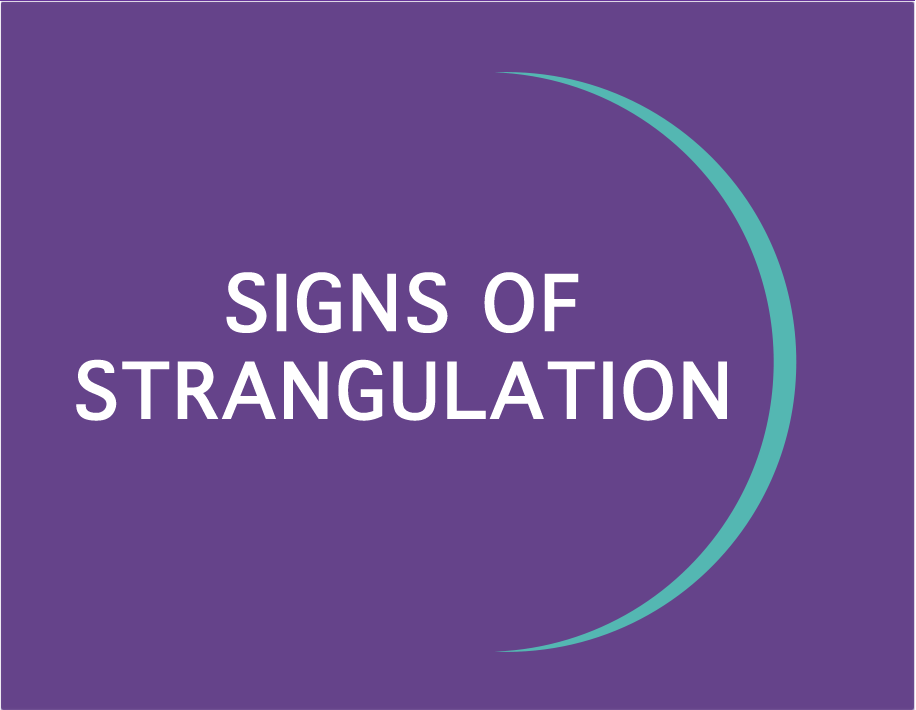Strangulation is one of the most lethal forms of domestic violence and sexual violence: unconsciousness may occur within seconds and death within minutes.
Strangulation is a serious act of violence, and it is important to know the signs and symptoms. Acts of strangulation should not go unreported. A person who commits the act can be charged with Aggravated Assault.
Power and control are underlying factors in this violent act, and the batterer may use strangulation to demonstrate control. Victims suffer great physical and psychological harm and may feel terror and pain. Victims usually resist the violence, which may lead to additional injuries and unconsciousness.
Losing Consciousness
Strangulation frequently results in the loss of consciousness due to a blocked airway, carotid artery, or jugular vein. Consciousness may be regained if pressure is released within ten seconds. However, brain death will occur if strangulation continues for four to five minutes.

Monmouth County’s Strangulation/Smothering Evaluation Team (SSET)
Strangulation is one of the most lethal forms of domestic and sexual violence: unconsciousness may occur within seconds and death within minutes. Survivors may also suffer life-threatening medical emergencies hours, days, or weeks later.If someone has been choked or strangled, call the police or go to the nearest hospital Emergency Room for assistance.The Monmouth County SSET includes Forensic Nurses, Domestic Violence and Sexual Violence Response Advocates, and specially trained Law Enforcement Officers and offers 24/7 assistance to victims, including information, safety planning, and medical evaluations, as needed.
If you are in immediate danger, contact 911.
Observing Changes
Documenting the evidence of strangulation will help establish physical evidence, determine the severity of the injuries caused by the assault, and increase the victim’s credibility. Victims, especially those who are pregnant, should also seek medical attention if they experience any of the following symptoms: Difficulty Breathing, Speaking, or Swallowing; Nausea; Vomiting; Light Headedness; Headache; Involuntary Urination or Defecation. A medical evaluation may be crucial in detecting injuries & saving a life.
How: For several days after the assault, document the injuries through photographs and monitor signs & symptoms by recording the following information:

How Can 180 Help?
Monmouth County’s Strangulation/Smothering Evaluation Team (SSET)
Strangulation is one of the most lethal forms of domestic and sexual violence: unconsciousness may occur within seconds and death within minutes. Survivors may also suffer life-threatening medical emergencies hours, days, or weeks later.If someone has been choked or strangled, call the police or go to the nearest hospital Emergency Room for assistance.
The Monmouth County SSET includes Forensic Nurses, Domestic Violence Response Advocates, and specially trained Law Enforcement Officers and offers 24/7 assistance to victims, including information, safety planning, and medical evaluations, as needed.
For more information, call (732) 264-4111.








